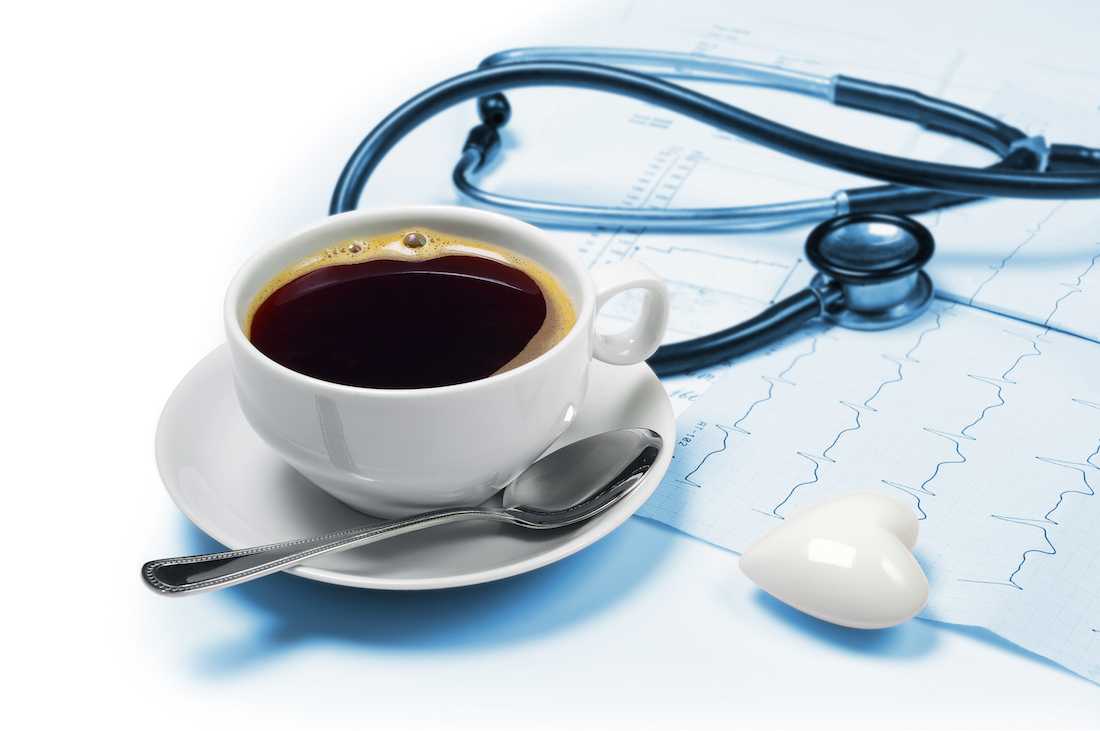The European Food Safety Authority (EFSA) recently issued an opinion on caffeine consumption. In the opinion, EFSA sets out consumption levels it regards as safe. In short, EFSA states that 200 mg as a single “dose” and 400 mg for total daily consumption for healthy adults “presents no health concerns.”
For pregnant women, EFSA assesses 200 mg per day to be safe. While EFSA’s opinion sets forth levels it deemed to be safe, consumers easily may misinterpret the opinion as setting upper limits on caffeine consumption, which is not EFSA’s intent, and some media have already run erroneous stories to that effect. EFSA’s opinion presents these caffeine levels as safe, and not as limits to safe consumption.
Of course, a single cup of coffee may contain more than 200 mg of caffeine, while three to four cups per day could deliver more than the suggested 400 mg daily intake.
The general population has been drinking coffee containing varying caffeine content for centuries with no evidence of concerning effects.
In addition to this anecdotal information, a thorough review and evaluation of the extensive scientific literature on caffeine and health confirms that consumption above EFSA’s stated levels is safe.
It is against this backdrop that a government-sponsored panel of independent scientists, the U.S. Dietary Guidelines Advisory Committee (DGAC), recently vetted coffee as part of a healthy lifestyle and recommended that this conclusion be reflected in the 2015 U.S. Dietary Guidelines for Americans.
The DGAC concludes that coffee does not cause chronic disease and, in fact, has been associated with preventive and protective outcomes against cardiovascular disease, type 2 diabetes, several types of cancer, and overall mortality.
The scientific literature provides extensive evidence that higher levels of caffeine consumption in coffee are not only safe, but also associated with many positive health outcomes.
Reduction in the risk of type 2 diabetes, for example, has been shown to increase with added consumption, with five or six cups delivering higher protection than four cups.* Five to nine cups of coffee per day provided the same reduction in overall mortality risk as two to four cups per day.** Moreover, the abundance of enzymes that metabolize caffeine vary in different individuals. *** What’s right for one person may be inadequate for others, and higher consumption levels that might be thought appropriate overall might not apply to people who can metabolize caffeine more rapidly than others.
For pregnant women, EFSA posits 200 mg of caffeine per day as a level that does not present a safety concern for the fetus.
The EFSA analysis does not address an important physiological fact that confounds all such research. Women with healthy pregnancies develop a natural, hormone-driven aversion to strong smells – part of what’s known as the “pregnancy signal” – and spontaneously avoid drinking coffee.
So, it’s those with less viable pregnancies who continue consuming the caffeine in coffee, leading to research results pointing to caffeine rather than sub-optimal pregnancies as the cause of untoward fetal outcomes.
Any assessment of caffeine and pregnancy must reflect these considerations.
The broad consensus in the literature is that caffeine ingestion, at the levels commensurate with the amount of coffee typically and routinely consumed by the US population – as well as above the levels identified by EFSA – is safe.
* Ding M, Bhupathiraju SN, Chen M, van Dam RM, Hu FB. Caffeinated and Decaffeinated Coffee Consumption and Risk of Type 2 Diabetes: A Systematic Review and a Dose-Response Meta-analysis. Diabetes Care 2014;37(2):569-86
** Je Y, Giovannucci E. Coffee consumption and total mortality: a meta-analysis of twenty prospective
studies, British Journal of Nutrition, published online 2013 Nov 27:1-12
*** de Leon J, Diaz FJ, Rogers T, Browne D, Dinsmore L, Ghosheh OH, Dwoskin LP, Crooks PA. A pilot study of plasma caffeine concentrations in a US sample of smoker and nonsmoker volunteers. Prog Neuropsychopharmacol Biol Psychiatry. 2003;27:165-171.
Amin N, Byrne E, Johnson J, Chenevix-Trench G, Walter S, Nolte IM, et al. Genome-wide association analysis of coffee drinking suggests association with CYP1A1/CYP1A2 and NRCAM. Mol Psychiatry 2012;17(11):1116-29.
Cornelis MC, Byrne EM, Esko T, Nalls MA, Ganna A, Paynter N, et al. for the Coffee and Caffeine Genetics Consortium. Genome-wide meta-analysis identifies six novel loci associated with habitual coffee consumption. Mol Psychiatry. 2015 May;20(5):647-56.

















